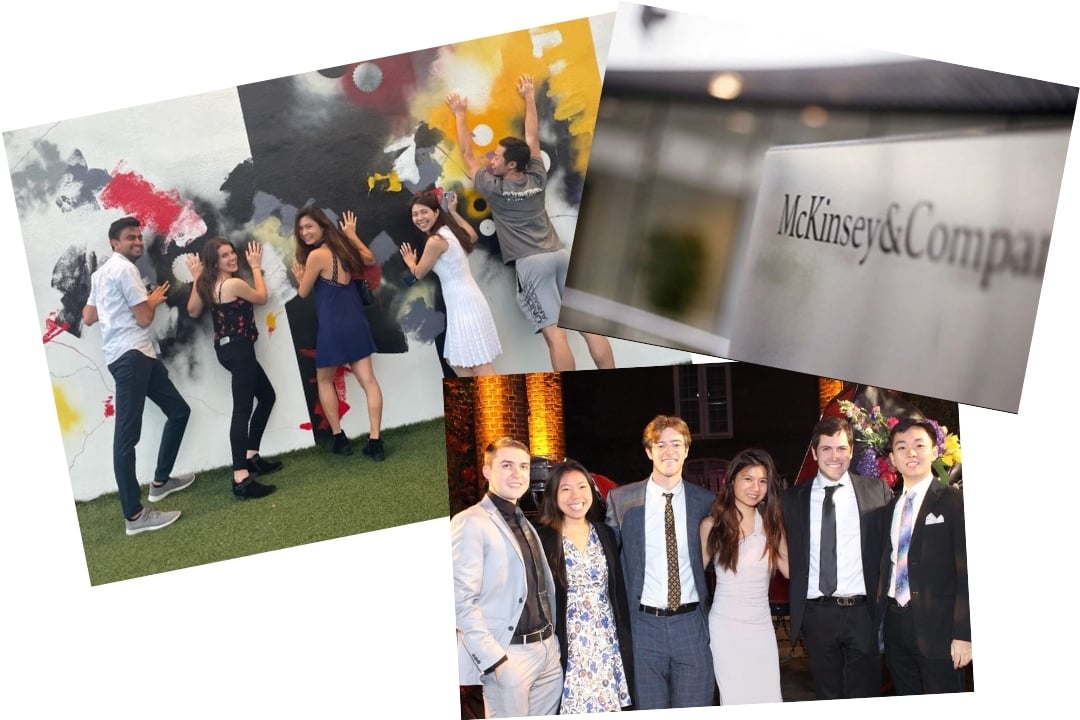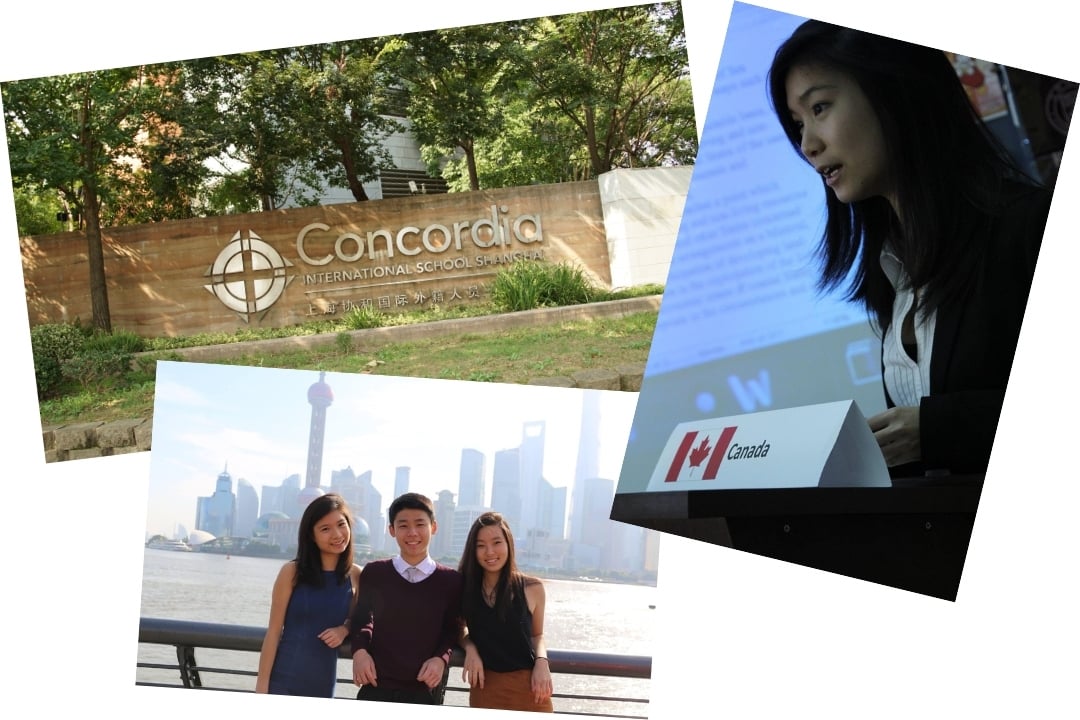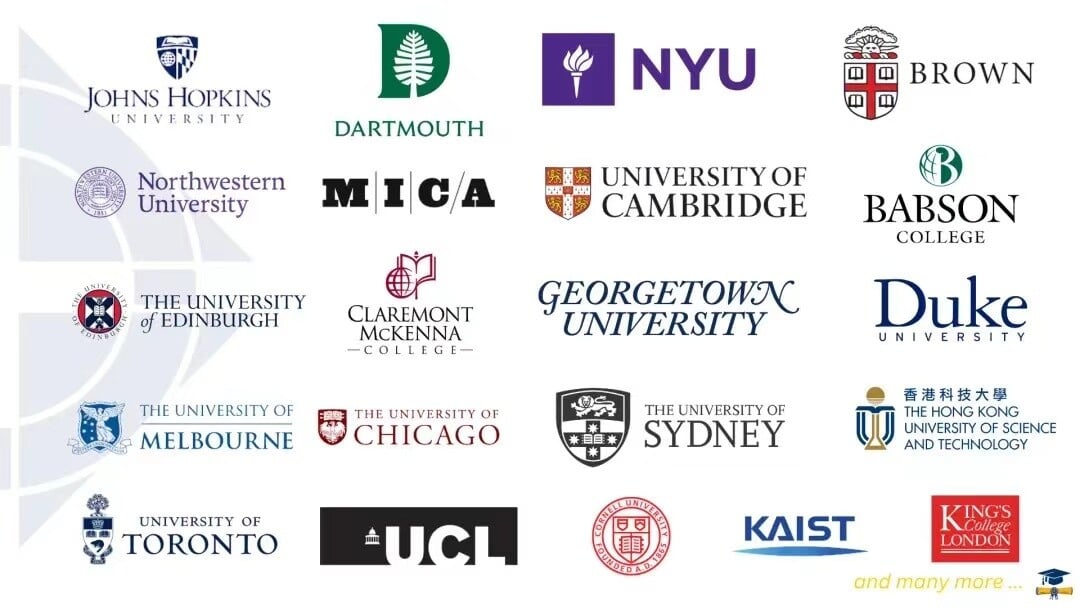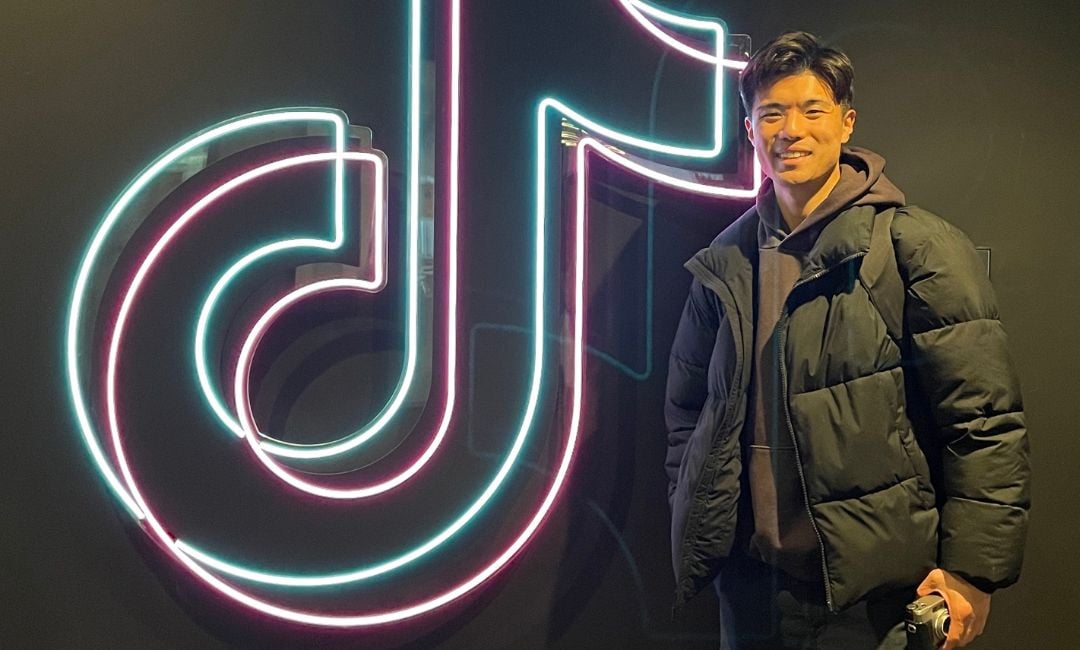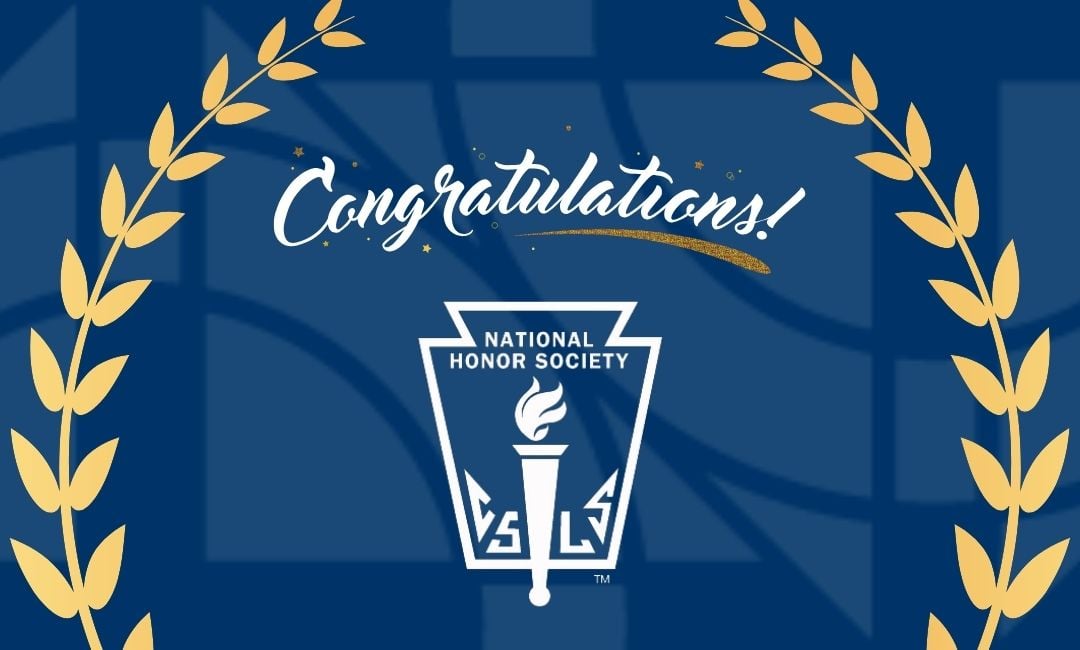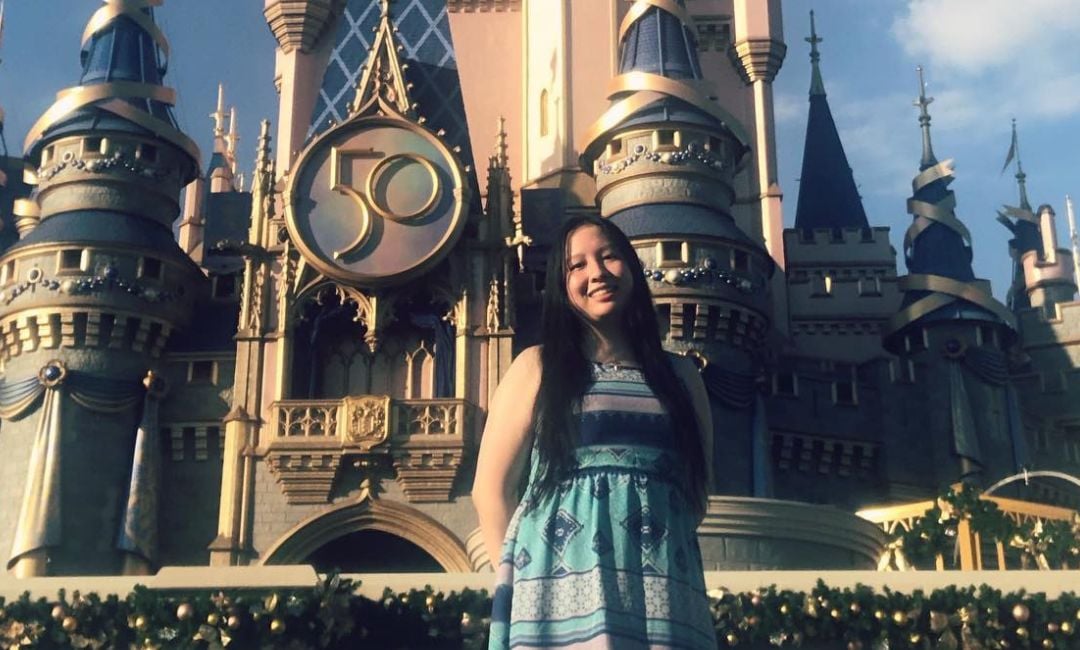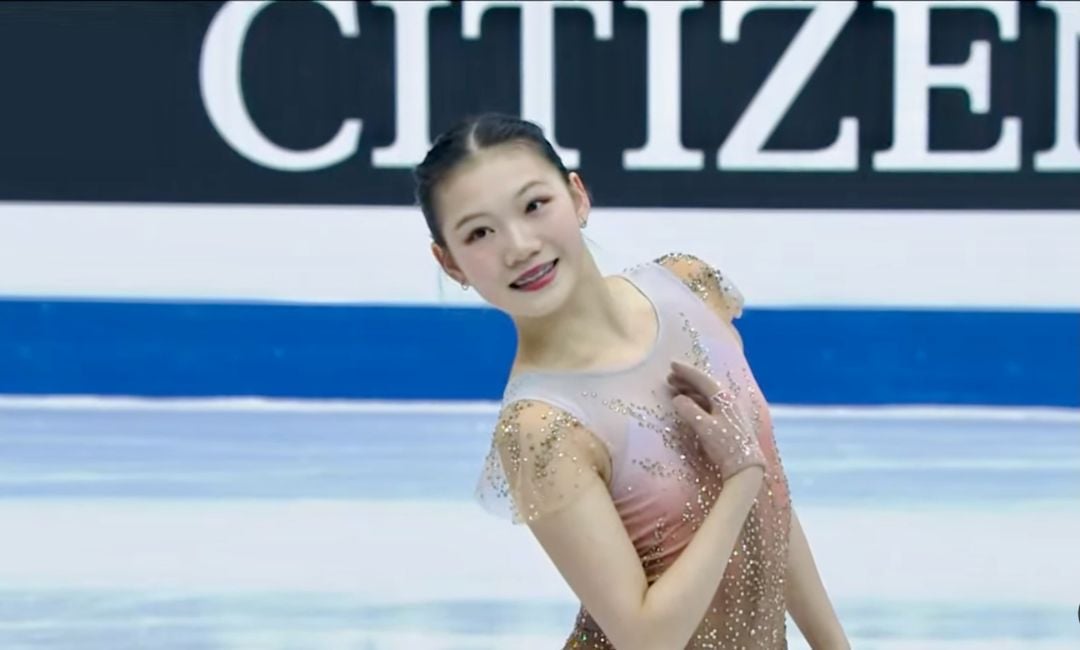A student body leader, TEDx presenter, editor-in-chief of the school magazine, Karis Tai (Class of ’16) was an active student in high school. At 18, she got an offer from Harvard University. Four years later, she was recruited by McKinsey & Company straight out of undergrad.
Now working as a business analyst in the world-leading consulting company, she utilizes her capabilities to help clients in various sectors to facilitate long-term and sustainable social changes.
As she says, helping make some form of social impact has always been her ambition, so, how did the sociology major eventually land on business? In a recent interview, Karis shares her story of her time at Harvard and what came after, and she gives a bit of insight into finding one’s own path to success. The alumna of Concordia Shanghai also mentions how critical thinking and holistic education equipped her for the success.
Exploration at Harvard
How did you choose Harvard among other university offers?
Quite frankly, a big part of the reason I chose Harvard came down to the financial aid program. At that time, my parents were running a nonprofit that helped orphans in rural China to get surgeries and get paired with families. They weren't paid by that foundation, and so I ended up choosing Harvard in large part because they offered an incredible financial aid package. But I think Harvard ended up being an incredible place to spend four years.
The other reason I picked Harvard was because, before decisions were even officially released, someone from the Admissions Office personally called me to express their support for my social impact vision and sense of wanting to do something in the world, and she conveyed the University’s commitment to supporting me in that mission. Talking to her, I knew they would be behind me in that calling, and that this would be a place I could take next steps towards those aims.
How did you decide on your major?
I always knew I wanted to work in some form of social impact, and throughout college, I kind of bounced around exploring what that would look like. I did sociology, government, social studies, and then swapped back to sociology, so I kind of did the dance. My advice to students is that that's okay for you to take time to explore as you look for the intersection between your passion and purpose. We often rush ourselves as if there is one “right answer”, but I think often times the answer all along was about all the things we learn and ways we grow during the journey of exploration and wrestling.
But, yes, I ended up in sociology, which is somewhat related with business specifically. I think sociology gave me the tools to investigate the types of questions I was interested in and learn how to think and critically examine the world.
What were some of the challenges you experienced in college?
Burnout is a really big challenge. You go within wanting to make the most out of every minute and all the opportunities in college. I think that attitude can be a good thing, but it can also lead to burn out. That's hard, knowing what to do, but also knowing what not to do, like when you need to stop and when you need to rest and not push yourself. It was a big thing to learn in college.
Finding Path to Success
How do you define success?
There are so many different definitions of success that you're better off deciding your own. My own path of success boiled down to my core beliefs, what I think matters, and what impact I would like to have in the world. I want my life to be about being a part of the solution; specifically, I would like every situation and interaction I enter to be a little better off because I existed than it would have been if I hadn’t—whether it’s a matter of brightening someone’s day, contributing meaningfully to a problem solving discussion, or empowering under-resourced communities in the world , which starts to feel big and out of my league, but when I start to think about all the people who have impacted my life in huge ways, even through their small actions, I realize, wow, it's not that hard to impact one person's life, and then another, and then another...
What is your way of achieving goals?
My objective or mission is international development, especially in less resourced communities and areas. But that doesn't necessarily mean being an economist or a nonprofit leader. I think it can be useful to think about what you want to do in terms of two separate things: first, the objective or the aim, and second, the vehicle.
I'm now passionate about using business vehicles towards social aims to impact long-term and sustainable social change— for example, figuring out how we can empower communities and organizations through sustainable models rather than through traditional models which may require constant overseas fundraising or perpetuate cycles of dependency.
How did you find your job at McKinsey & Company? What's it like working in the company
I was recruited on campus straight out of undergrad, and have been learning so much since. When I think about the things I've gotten to do – the projects I have been able to contribute to and influential people I’ve had the honor of working with… I don't know that I would have been able to start doing that as a 22-year-old straight out of college anywhere else.
Benefiting from Holistic Education
What kind of people do you think may fit the consulting industry?
It's important to have a wide array of different perspectives, and I believe that everyone has something to bring as a voice in the room. A lot of companies hire people from very different backgrounds, or backgrounds that you wouldn't expect to go into consulting. I think some traits or characteristics that end up serving you well in consulting are ownership and critical thinking—really owning the problem, and not just doing not needing someone to tell you what to do, but being able to think outside the box and have critical thinking rather than memorization.
Is it possible to build up this mindset during college or during high school?
Yes. I think it all traces back probably before high school education, but especially during high school education. I still remember Mr. Mark Johnson, my AP US History teacher at Concordia Shanghai, teaching us historiography and critical thinking across different sources in his history class. All those things go into you, and they shape how you view the world and how you can critically think about different questions. And likewise with ownership, even the way Concordia defined success through our expected “Student Learning Outcomes” (SLOs) – things like “Principle-centered leaders and team members” and “Reflective spiritual beings”— shaped my perception of what competence and ownership look like.
Life in Shanghai
You attended Concordia Shanghai in high school. How has the school influenced you?
I think Concordia really excelled at two things. One was teaching you how to think, instead of just telling you what to memorize. Number Two was forming you as a holistic person, and really having to self-interrogate: What are your values? What are your principles? What are the things you stand for? How are you fostering real and true and genuine relationships with people around you? And how are you thinking about the impact you want to have on the world, instead of just what you can write on the test? So that's something that I look back and see that Concordia did shape incredibly well.
Did your parents have high expectations for you?
I don't think my parents had really high expectations for me in terms of a traditional view of success. Something I would credit with my parents is having a very holistic definition of success in what it means to be mature and principled. There are so many different life paths out there. They can all be equally good and valid, based on whatever you make of it. So it often becomes less about what you do and more about who you are when you're doing it. If you do the small things well, and with care and courage and meticulous principle, you can have huge impact on your spheres of influence.
Thanks to Karis for her sharing. We wish her all the best and good luck in the future!

